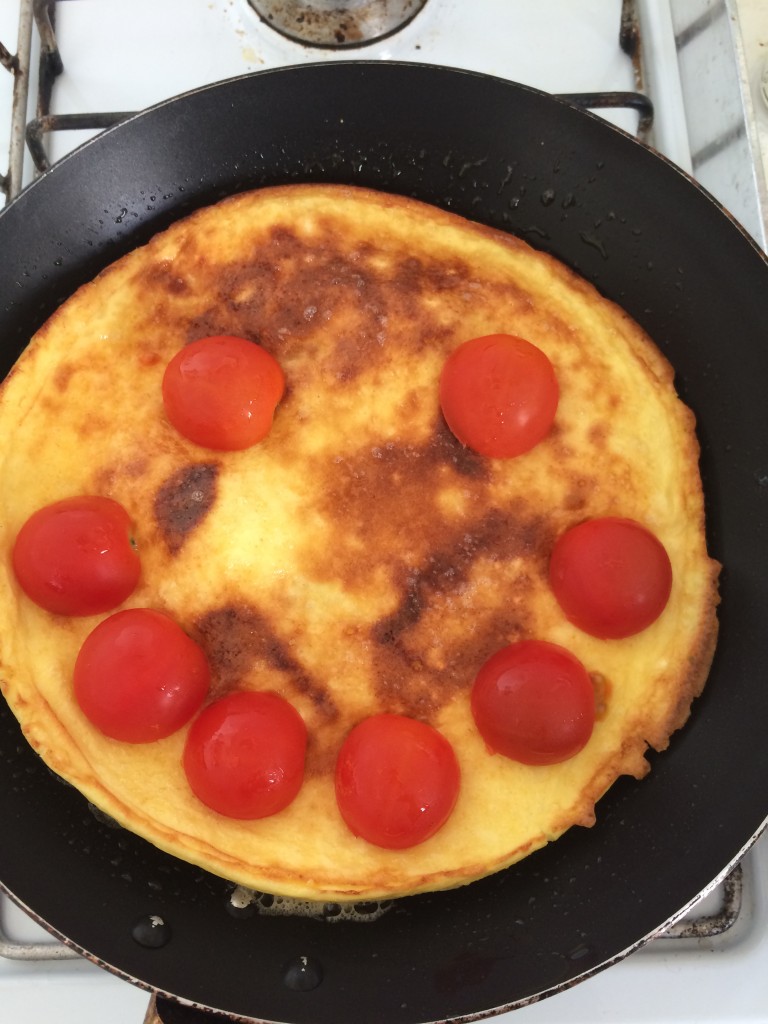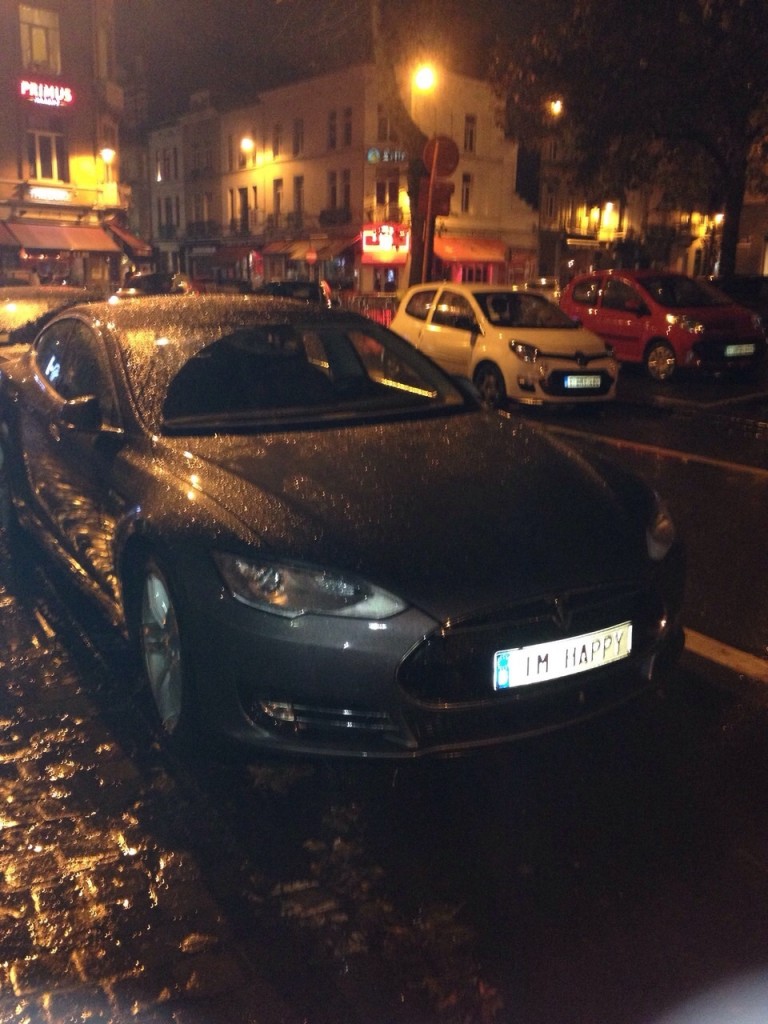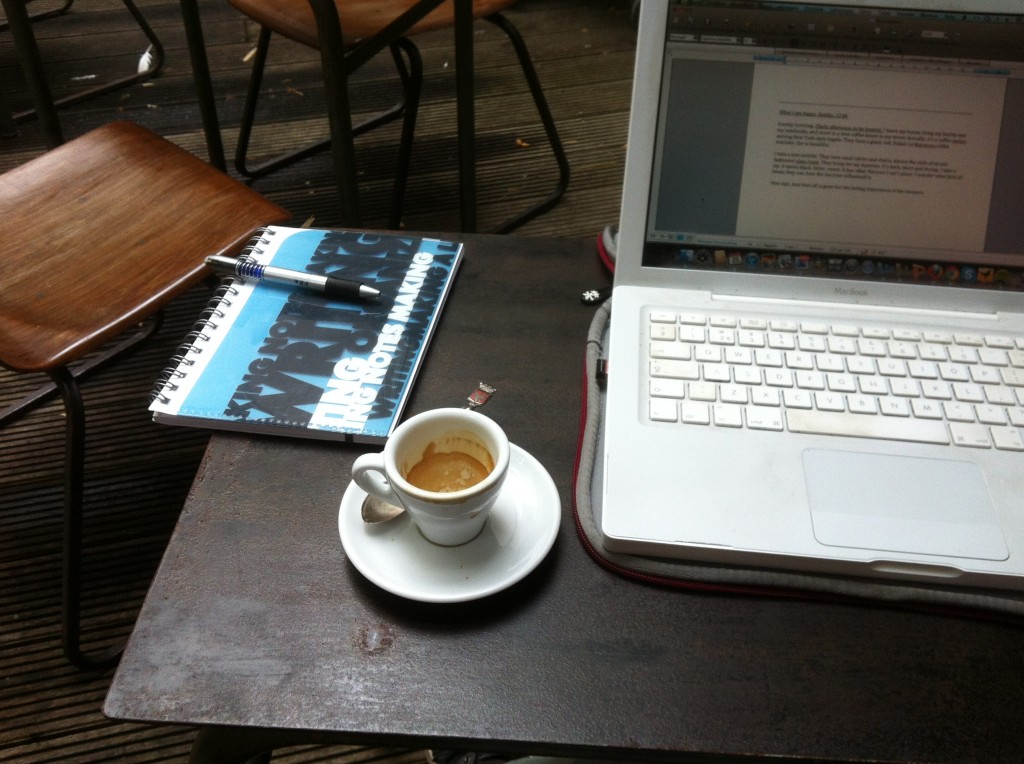In Italy, where I spent two years of live and left a large part of my heart, food is larger than life. Friendships are broken and wars our fought over what’s the best way to make a parmigiana, a tiramisu, or what sauce to have with a type of pasta.
When I lived in Perugia, I spent quite some time with a great American guy called Alex (we even spent two months in a double room and even had fun together). He was a great cook and very much benefitted from the lessons of our housemate Ulderico. But the main reason I’m mentioning Alex and Ulderico that it is from them that I picked up the habit to say that I’m “fat and happy” (or grasso e felice) after a particularly satisfying meal.
There’s little debate about the fact that food can make you fat. But can it make you happy? I certainly believe so. In this, I think one can distinguish between ‘comfort food’ and ‘ritual foods’, by lack of a better term.
Comfort food
‘Comfort food’ is what you eat when you’re in a bad mood and need consolation. I mostly associate this with thinks like ice cream or chocolate, or also salty fat foods as fries or crisps. Believe it or not, but there is even scientific evidence that there really is a positive effect of these kind of food products on negative emotions.
A Belgian-UK team of researchers lead by Lukas Van Oudenhove from Leuven University studied the interaction between fatty acids in the stomach and neural signals in the brain. In the small-scale experiment, the researchers induced negative emotions via exposing the participants to sad music and pictures of sad faces. Then, some of the participants’ brain activity was scanned while receiving a fatty acid infusion in their stomach – akin to eating fatty ‘comfort food’ like macaroni with cheese. Compared with a control group, the participants that had ‘eaten’ the fat food displayed a weaker emotional response to the sad images.
‘Ritual foods’
Another Dutch study I came across studied the emotions that arose in 42 students eating various sweet and salty snacks. Positive emotions as ‘satisfaction’, ‘enjoyment’ and ‘desire’ were most prevalent, whilst a range of negative emotions hardly appeared. This, and other studies, suggest there is a relation between food and happiness.
I’m inclined to believe that this partly due to what I’d call ‘ritual foods’. I’d hypothesise that the strongest effect would occur when something we eat is associated with a strong experience and that we link to a story or a ritual. Let me give some examples of ‘ritual foods’ that I enjoy myself:
- a freshly ground coffee, put with high pressure through a good machine. Taste, smell, colour, all factors together. I get ecstatic part by the caffeine and part by the idea of the coffee. You should see me with a great brew from Aksum in Brussels or sipping freshly ground coffee from my own machine. Jokingly, I’ve even created a personality for my machine, referring to it as a ‘her’…
- home made pesto. When I have freshly made pesto – basil leaves, oil, garlic and pine tree nuts, that’s all – it’s so enjoyable I finish until the last drop of the pot.
- less on the ecstatic level, but on a more day-to-day enjoyment: my breakfast. Yoghurt, cereal and fruit and taking the time to enjoy it with a newspaper, magazine or TED talk at the side.
There’s a lot more to say about food and happiness. Think about the way foods are marketed as happiness-inducing or the happiness that one can find in the act of cooking. We’ll get their next week. In the mean time, you’ll have to console yourself with some comfort food.



